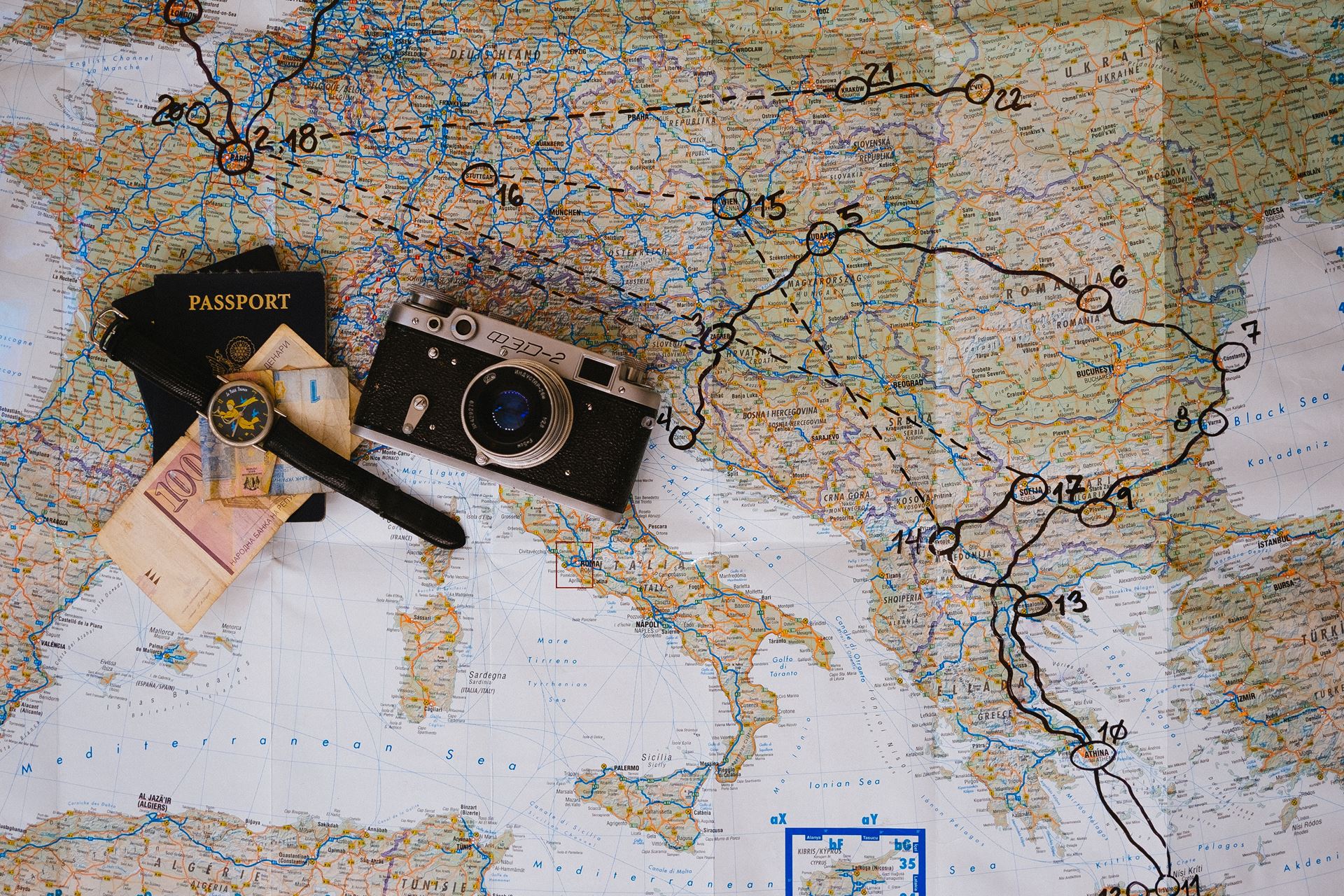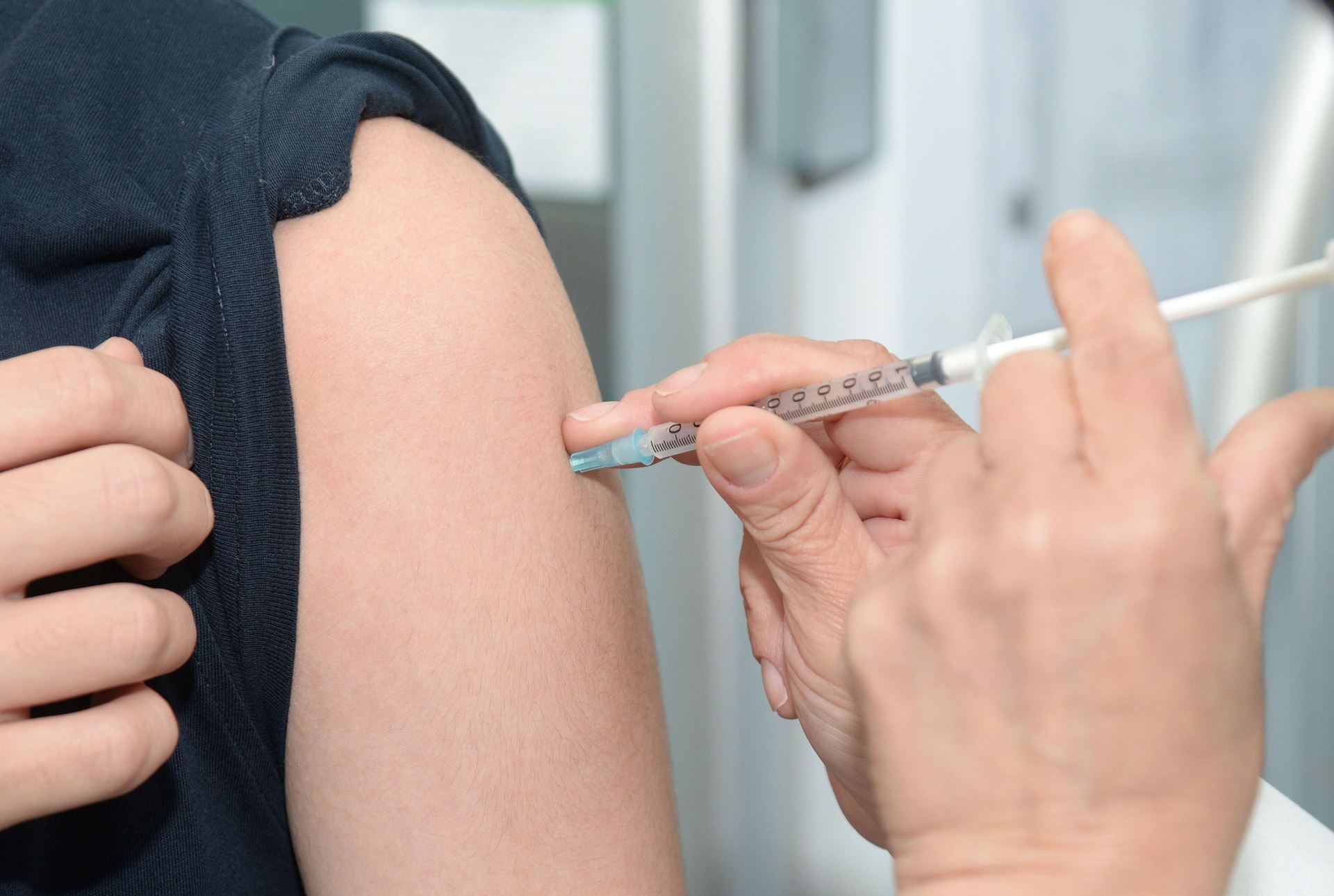We offer a full travel advice and immunisation service. If you are travelling abroad please complete and submit the travel form in plenty of time (we recommend 6-8 weeks) before your journey.
Travel Health
Travel Assessment

Do you need vaccinations?
Our Nurses can provide comprehensive travel health advice and arrange for appropriate immunisations. Please arrange an appointment for a travel consultation at least 6-8 weeks before departure if possible. Vaccines need time to take effect and some may require a course over several weeks.
Select the region you are travelling to find out more.
Medicine and Flying: Why We Don’t Prescribe Diazepam for Flights
Some patients ask doctors for medicines like Diazepam (also called Valium) to help with fear of flying. Diazepam is a sedative, meaning it makes you sleepy and calm. But there are important reasons why we no longer give this medicine for flying.
What Is Diazepam?
Diazepam is a drug that’s been around since the 1960s. It was used for problems like anxiety, trouble sleeping, seizures, and muscle spasms. But we now know that it can be addictive, cause memory problems, and make it hard to think clearly or react quickly.
Why We Don’t Prescribe It for Flying
-
Not allowed for fear of flying: UK medical guidelines say Diazepam should not be used for mild anxiety or fear of flying.
-
Not safe in emergencies: If something goes wrong on a plane, Diazepam can slow your reactions and make it harder for you to respond.
-
Increased health risks: The drug causes deep sleep without much movement. This can raise the chance of dangerous blood clots (called DVT), especially on long flights.
-
Unusual reactions: Some people become angry or overly excited after taking it, which can cause problems on the flight.
-
May make anxiety worse: Studies show using Diazepam can stop people from learning how to handle fear, making anxiety worse over time.
-
Illegal in some countries: Carrying Diazepam into certain countries can get you into legal trouble.
-
Can affect job drug tests: Diazepam stays in your body for a long time and could cause you to fail a work drug test.
-
Could affect travel insurance: If you don’t tell your insurer about taking this medicine, your policy might not cover you.
What to Do Instead
Instead of medicine, there are flight anxiety courses recommended by the airline industry that can really help.
Doctors in regular GP practices are not required to prescribe for flight anxiety. If you still want to take this kind of medicine, you’ll need to speak to a private doctor or travel clinic.
For further information:
https://thefearofflying.com/programs/fly-and-be-calm/
https://www.fearlessflyer.easyjet.com/
https://www.britishairways.com/en-gb/information/travel-assistance/flying-with-confidence
https://www.flyingwithoutfear.com/
[i] British National Formulary; Diazepam - https://bnf.nice.org.uk/drug/diazepam.html
[ii] British National Formulary; Hypnotics and anxiolytics - https://bnf.nice.org.uk/treatment-summary/hypnotics-and-anxiolytics.html
[iii] Generalised anxiety disorder and panic disorder in adults: management. NICE Clinical guideline [CG113] Published date: January 2011 Last updated: July 2019 https://www.nice.org.uk/guidance/cg113
[iv] Acute and delayed effects of Alprazolam on flight phobics during exposure. Behav Res Ther. 1997 Sep;35(9):831-41
[v] Travel Health Pro; Medicines and Travel; Carrying medication abroad and advice regarding falsified medication - https://travelhealthpro.org.uk/factsheet/43/medicines-abroad

Further Travel Information
The following websites will give you additional travel advice
Travel Health for information of vaccinations available on NHS
MASTA for private vaccination clinics
Gov.uk for specific country travel advice
EHIC to apply for your free European Health Insurance Card
Page created: 20 November 2019
